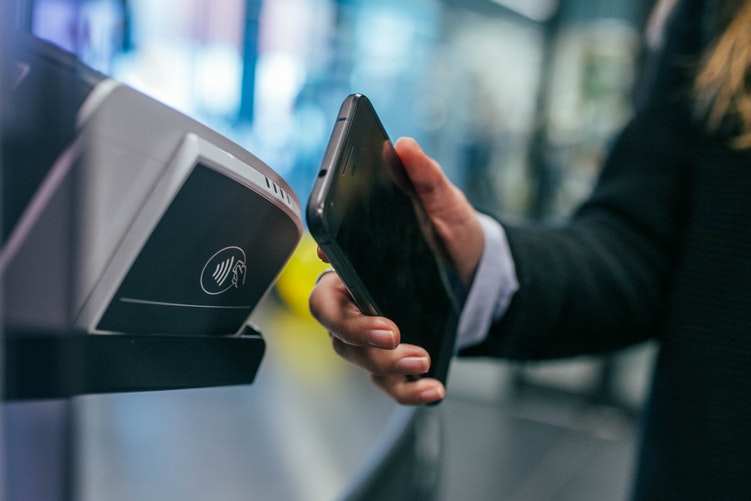Can Fintech’s Security Questions Be Solved?
Fintech is rapidly breaking down old methods of banking, but at every turn many new technologies encounter questions concerning their security capabilities. According to a study conducted by cyber-security analysts FORTINET, 72% of financial institutions are concerned about the level of security operated by fintech companies. This is entirely predictable; banking is, historically, one of the most secure digital sectors, with many services requiring in-person attendance at branches and, online, very high level encryption.
Many notable fintech services are entirely reliant on banks. While a small section of fintech startups provide their own lending, it remains that third party services are most common. It is therefore crucial for fintech businesses that they have bank confidence, and as a result, fintech businesses are turning towards new technological solutions to answer cyber security concerns.
The Biggest Player – Blockchain
Blockchain rose to fame as cryptocurrencies used this technology as its foundation. Now, businesses are turning to it to provide security solutions. A great example of this is SparkLabs, which has founded a blockchain accelerator offering $50,000 initial grants as an effort to kick-start the blockchain-security matrix for large institutions. The goal of this is to provide a blockchain platform that can be easily translated to those less au fait with tech terms. The end result will be easier day-to-day banking services. Faster security checks and greater levels of identity assurance could enable retail bankers and credit services to provide customer tailored services while maintaining security.
Tackling Slow Legislation
According to news outfit Information Age, one of the biggest challenges to fintech innovation is regulation. Fintech tends to move at a much faster pace than traditional industries and as a result, there is a potential for regulation to be bypassed. This is a key concern for businesses; Google and Facebook have already been fined $9.3bn for security and privacy breaches in Europe as a result of falling foul of stringent regulatory measures.
Technology trends are, like with blockchain, providing a solution to play catchup. This is most notable through legislator co-opted technology ‘hubs’. Bringing regulators into the design and testing phase allows businesses to work with lawmakers and pre-empt the regulation of tomorrow, and to influence design proceedings. As a result, many modern fintech research hubs account for the ‘whole’ user experience and real-world deployment, not unlike standard developer testing.
User Behavior Analysis
One of the most curious and potentially disruptive technologies that can aid fintech security is user behavior analysis, or UBA for short. Many people will be familiar with a form of this technology already when they attempt to make a large purchase; their bank will often contact the customer to ensure this is intentional if large purchases are not common on that account. Taking this to a next level is smart tech. Banking analysts BAI have noted that machine learning and AI can co-opt with UBA technology to actively learn patterns and ultimately combat all types of fraud, including where money is cautiously removed from the account.
Fintech is the disruptive tech trend causing financial business leaders to adapt. However, security concerns remain, creating questions for technologists before they can obtain wide-scale buyin. Through clever technology affecting all stages of the production cycle, fintech should continue to boom and transform the industry.

